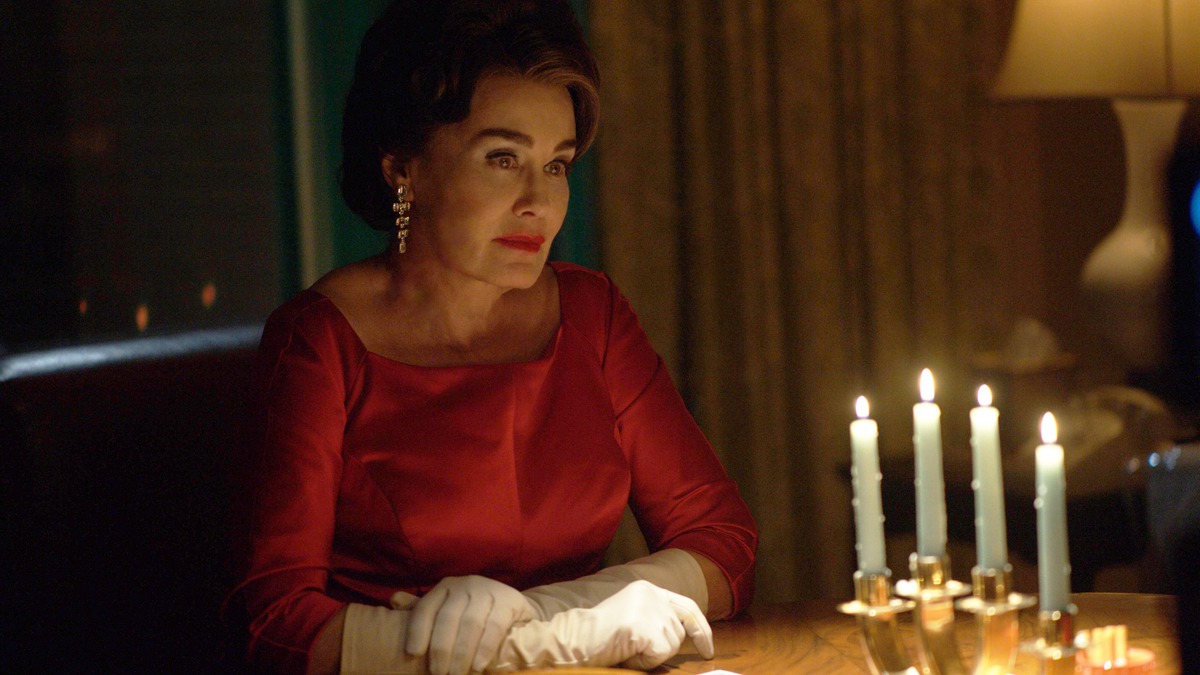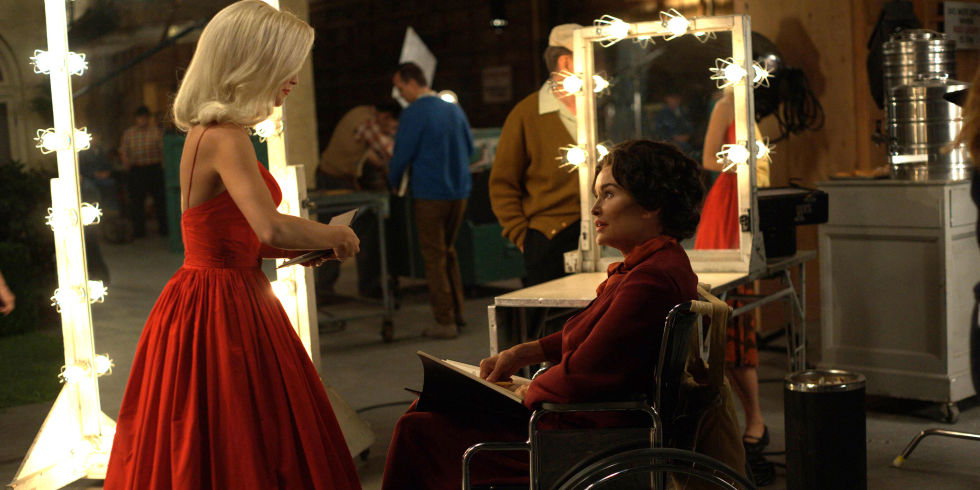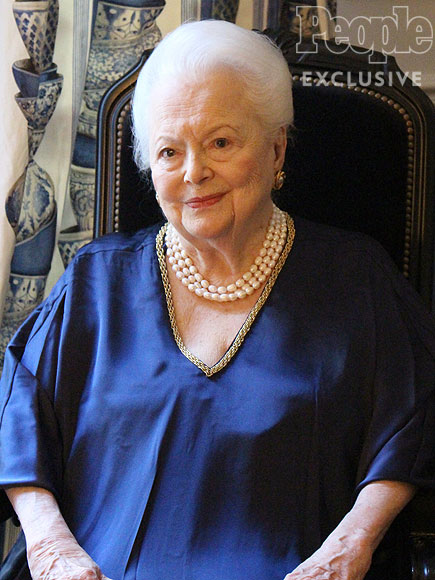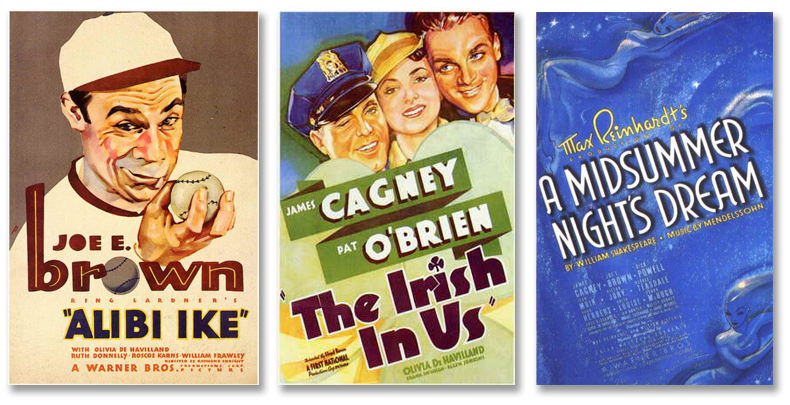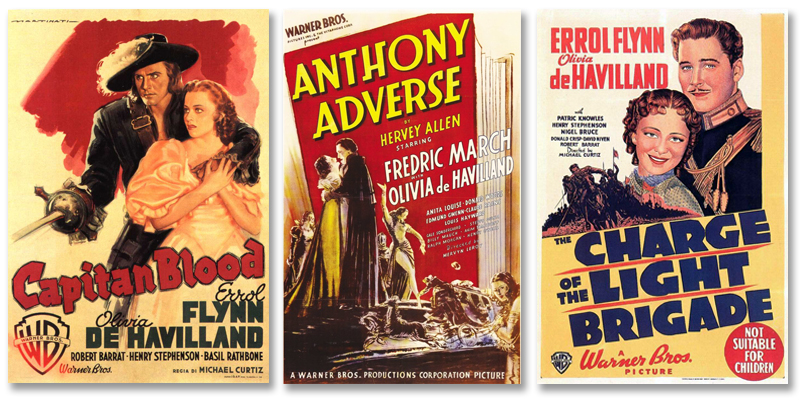We're counting down to Olivia de Havilland's historic 100th birthday (July 1st!). Team Experience will be looking at highlights and curiosities from her career. Here's Tim...
Olivia de Havilland is more than a living link to the Golden Age of Hollywood, more than a gorgeous movie star, more than a two-time Oscar winner. She's one of the most significant figures in the history of the American film industry: the woman who broke the back of the studio contract system when she successfully sued Warner Bros. for career independence in 1943. As Hollywood's first independent movie star since the silent era, de Havilland was suddenly in a position to make all of her own creative decisions, leading to a string of challenging dramatic roles that didn't simply trade on her good looks and holy innocent persona.
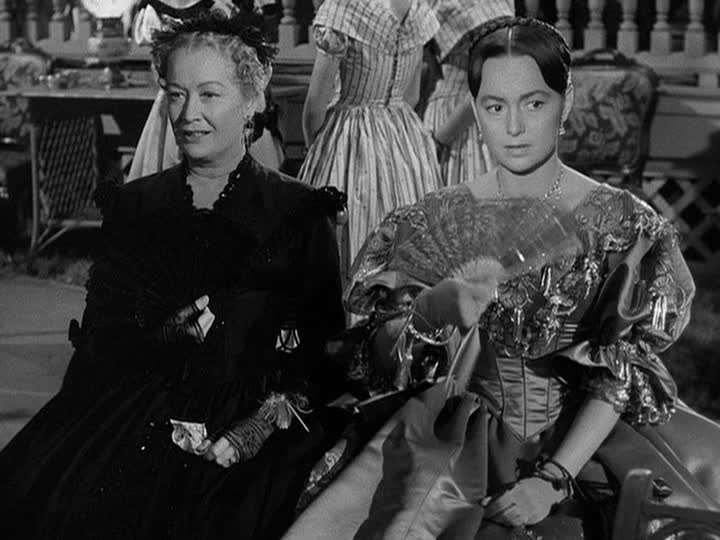
Both of de Havilland's Oscar wins came about thanks to this period of chasing her own projects, and the second of these performances, in 1949's The Heiress, is a particularly fine example of the movie star as Serious Actress. Based on a play adapted from a Henry James novel, The Heiress tells a straightforward enough melodrama: in 1840s New York, a woman with an annual income of $10,000 from her mother's will and another $30,000 to come when her father passes. A painfully shy, relatively homely women crawling up in years, she falls for the first man who pays her any attention, and he of course turns out to be a craven gold-digger. When her father threatens her with disinheritance the cad leaves, giving her plenty of years to grow good and bitter.
What enlivens this material is, in large part, the exemplary casting of the four main characters: de Havilland as the naïve heiress, Ralph Richardson as her father, Montgomery Clift as her shiftless lover, and Miriam Hopkins as her spinster aunt, unhelpfully projecting her own romantic visions onto the young lady. That's a lot of acting power, and having such great scene partners helped to raise de Havilland's own game, allowing her to have more complicated, and much darker, reactions that most of what she'd been able to achieve in the years prior to that.
She's great at playing a wallflower, in the second film in two years (following The Snake Pit) where she de-glammed herself for Art and Oscars. De Havilland can only look so ugly, even with the hair and make-up department raising her hairline almost to the top of her head, but the actress sells herself as a plain, awkward frump by constantly shrinking herself inwards, hunching down, delivering all of her lines a little bit too quietly and with nervous pauses. But she's even better in the last third of the movie, when she's playing the cold fury of a scorned romantic: there's a deep revulsion burned into her eyes and voice, giving the material its necessarily outraged finale. Without her fury, The Heiress is a handsome soap opera; with her, it becomes a dark tragedy.
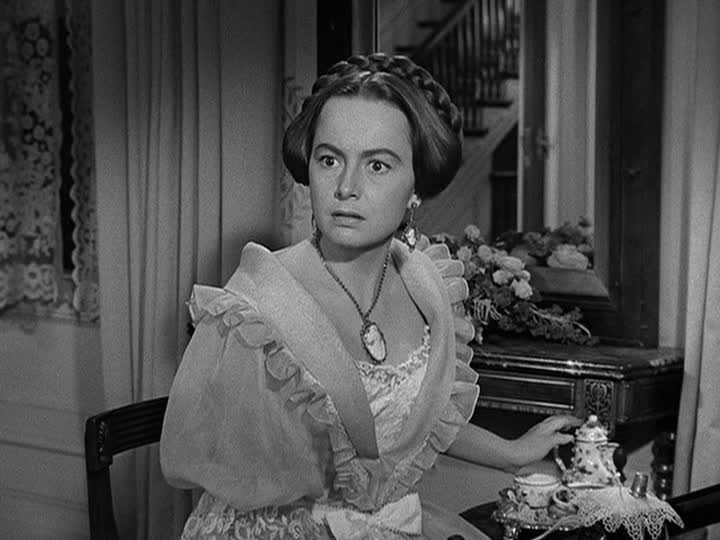
For a performer who'll always forever be linked with the fairytale saint Melanie from Gone with the Wind, the haggard look on de Havilland's face and the raw pain in her voice are uniquely shocking and potent. It's as self-effacing as any star turn in the 1940s, and it's an achievement that could only come about in the brave new era of self-directed acting careers that de Havilland herself helped to create.

Previously: The Dark Mirror (1946), The Adventures of Robin Hood (1938) and It's Love I'm After (1937)
 Tuesday, November 28, 2017 at 12:30PM
Tuesday, November 28, 2017 at 12:30PM 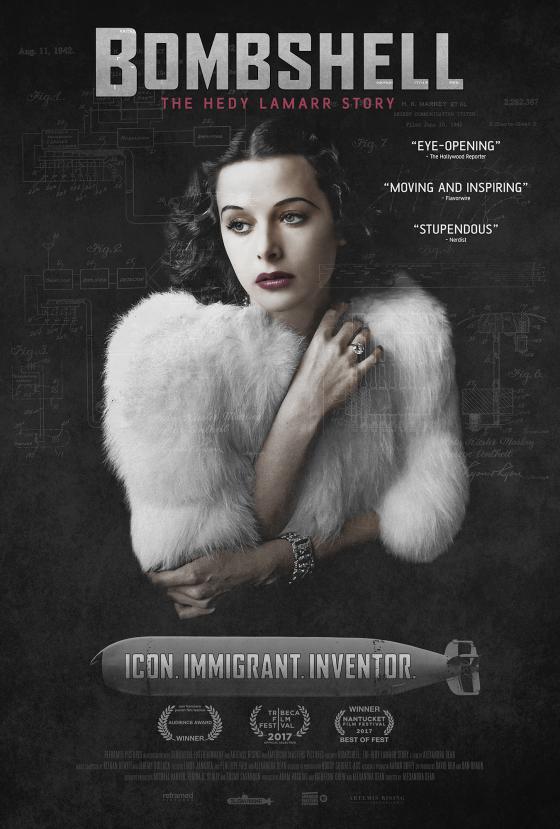 More often than not, biographic documentaries can feel staid in the way they so relentlessly follow a basic Point A to Point B narrative. It is understandable, really. After all, one must suppose that if somebody is interesting enough to have a documentary made about them, then they must be interesting enough to sustain 90 minutes without the need for their story to be gussied up with stylistic bells and tricky whistles.
More often than not, biographic documentaries can feel staid in the way they so relentlessly follow a basic Point A to Point B narrative. It is understandable, really. After all, one must suppose that if somebody is interesting enough to have a documentary made about them, then they must be interesting enough to sustain 90 minutes without the need for their story to be gussied up with stylistic bells and tricky whistles.


